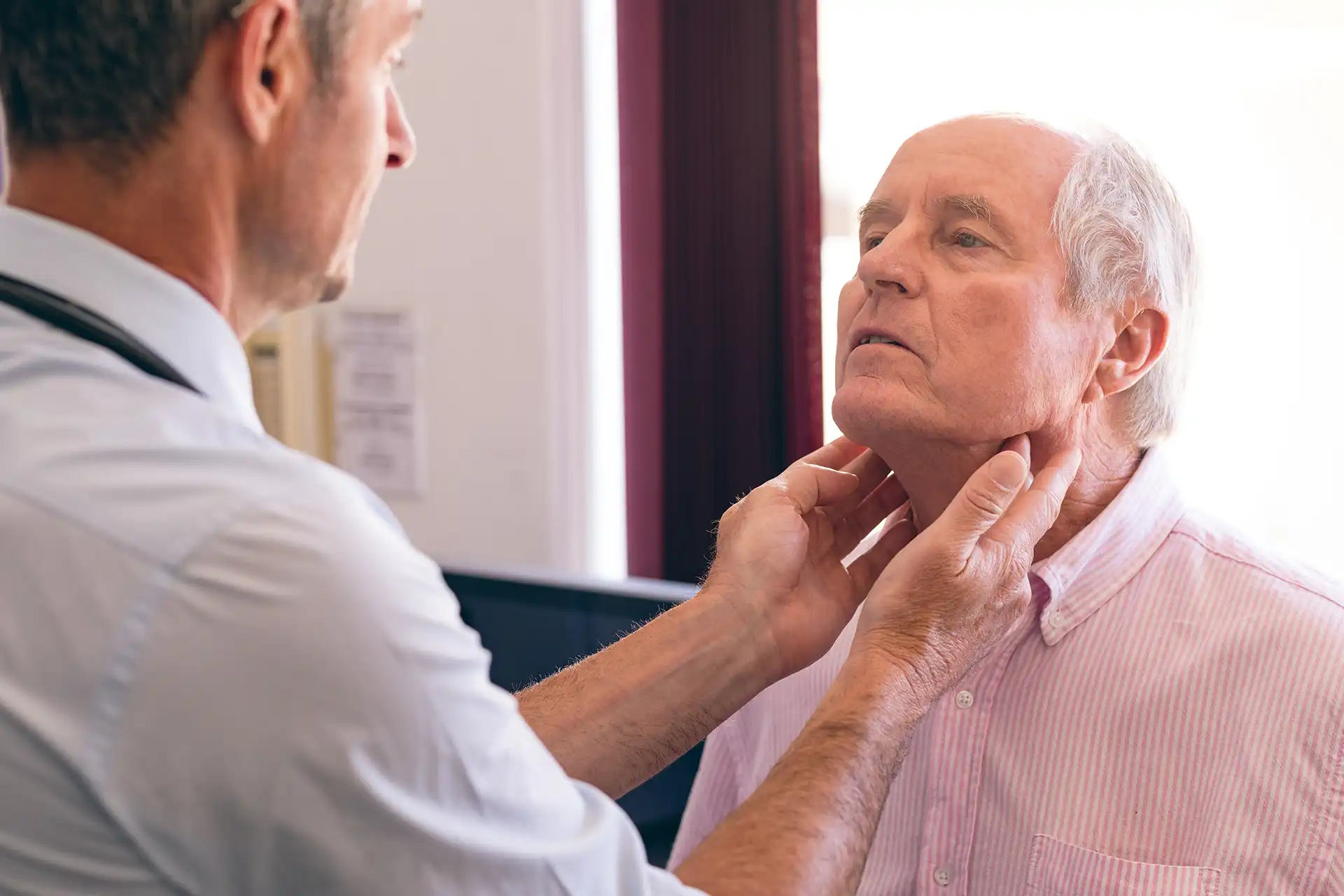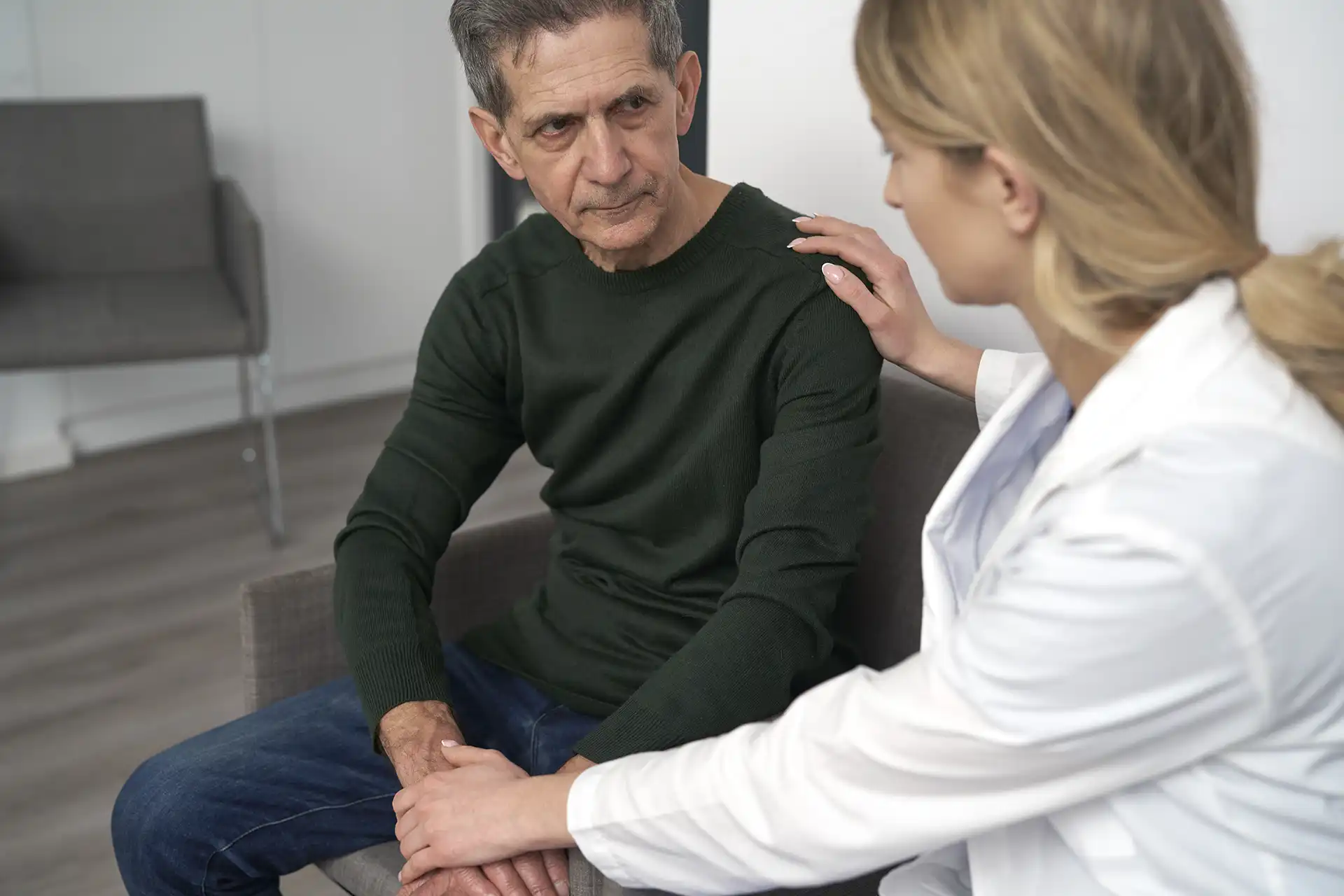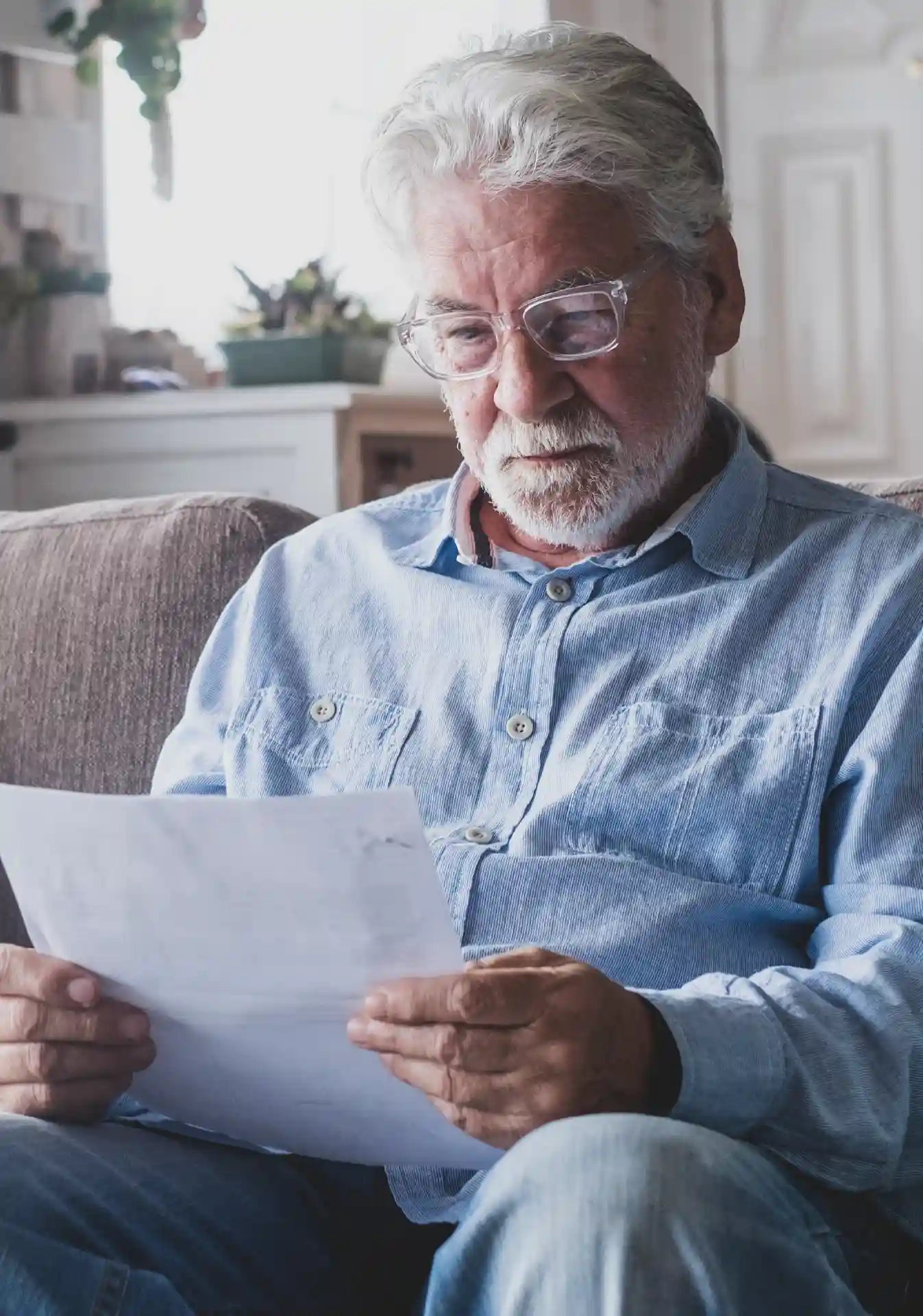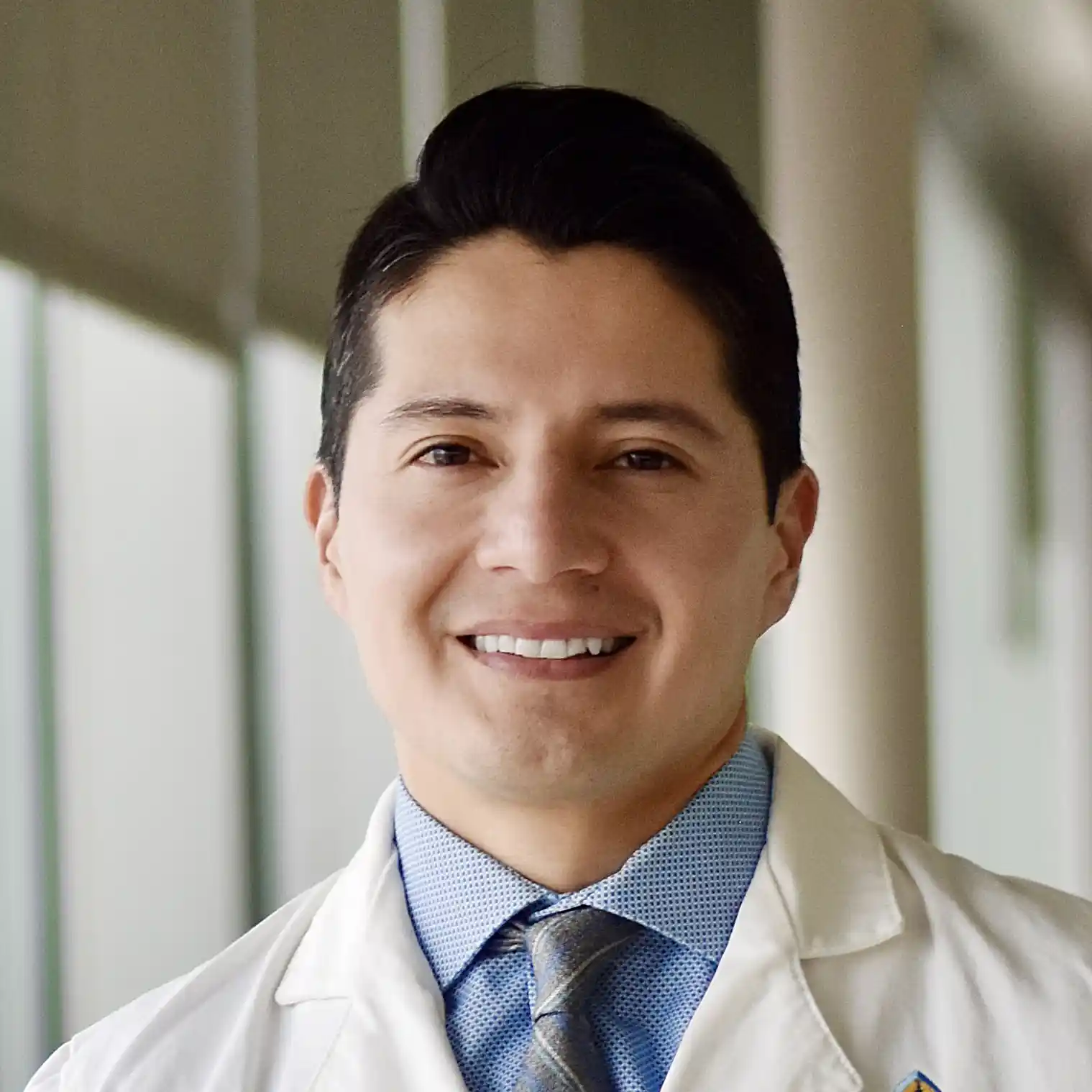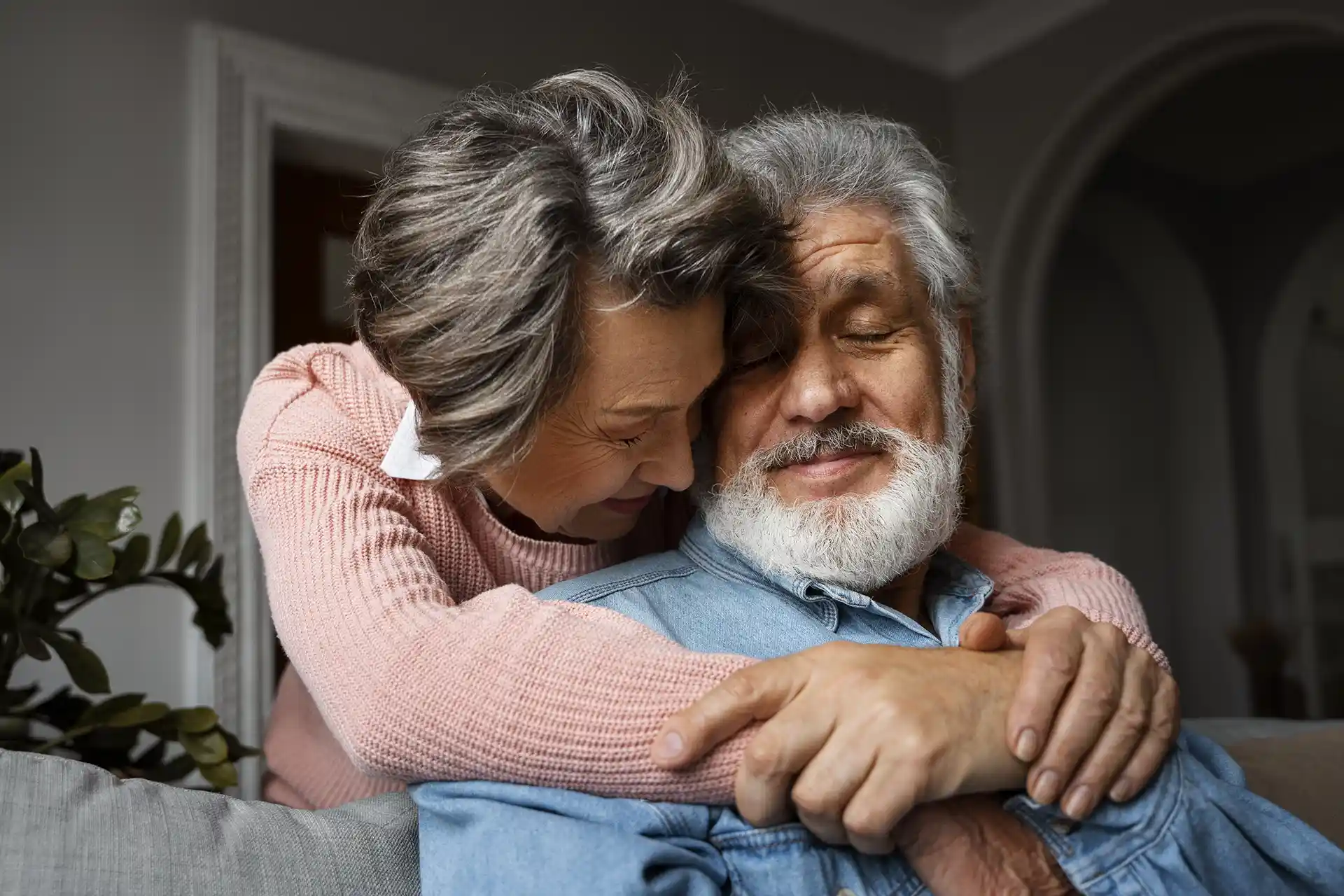
Caring for Someone With Non-Hodgkin Lymphoma
Caring for someone with non-Hodgkin lymphoma means you’re providing vital support, medically, practically and emotionally.
You’ll need to juggle multiple roles while dealing with the ups and downs of a serious illness and your own emotions. The demands on your time, energy and feelings are huge.
This guide offers tips and emotional support to help you feel more confident and prepared as you care for your loved one with non-Hodgkin lymphoma.


